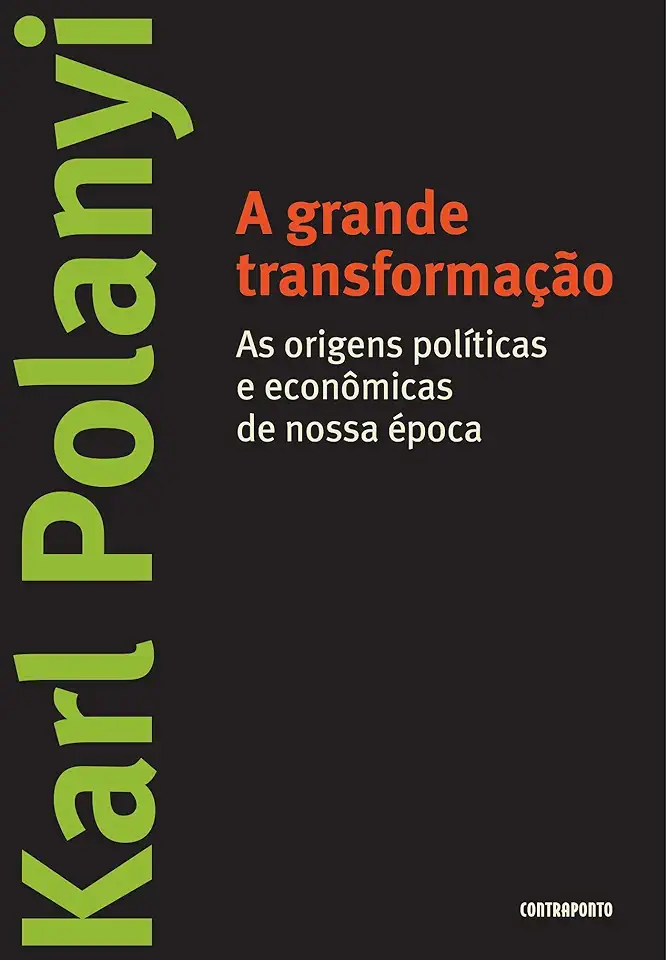
The Great Transformation: The Political and Economic Origins of Our Time
The Great Transformation: A Masterpiece of Social and Economic Thought
In his seminal work, "The Great Transformation," Karl Polanyi offers a profound and thought-provoking analysis of the origins and consequences of the modern market economy. With meticulous research and compelling arguments, Polanyi challenges conventional economic theories and presents a unique perspective on the relationship between society, economy, and politics. This book is a must-read for anyone seeking a deeper understanding of the forces that have shaped our contemporary world.
Unveiling the Hidden Costs of Market Expansion
Polanyi argues that the rise of the market economy has not been a smooth and linear process, but rather a series of disruptive transformations that have profoundly altered the fabric of human societies. He contends that the expansion of markets has led to the commodification of land, labor, and money, treating them as mere commodities to be bought and sold, rather than as essential elements of social life. This process has resulted in widespread social dislocation, environmental degradation, and the erosion of traditional values and institutions.
The Embeddedness of the Economy in Society
Polanyi challenges the prevailing notion that the economy is a self-regulating system, operating independently of social and political factors. He argues that the economy is deeply embedded in society and that it cannot be understood in isolation from the social and cultural context in which it operates. Polanyi's concept of "embeddedness" emphasizes the interdependence between economic activities and social institutions, highlighting the role of social norms, traditions, and political power in shaping economic outcomes.
The Double Movement: Society's Response to Market Expansion
In response to the disruptive effects of market expansion, Polanyi identifies a countervailing force that he terms the "double movement." This movement consists of two opposing tendencies: the expansion of markets and the resistance to this expansion by society. Polanyi argues that as markets expand and disrupt traditional social structures, societies often react by implementing protective measures, such as social welfare programs, labor regulations, and environmental protections. These measures serve to mitigate the negative consequences of market expansion and maintain social cohesion.
The Relevance of Polanyi's Work in Today's World
"The Great Transformation" remains a highly relevant work in today's world, as we grapple with the challenges of globalization, inequality, and environmental degradation. Polanyi's insights offer a valuable lens through which to understand the current economic crisis and the need for alternative economic models that prioritize social justice and sustainability. His work serves as a reminder that the economy is not an end in itself, but rather a means to serve the needs and aspirations of society.
Conclusion: A Must-Read for Understanding Our Time
"The Great Transformation" is a seminal work that has profoundly influenced the fields of economics, sociology, and political science. Polanyi's groundbreaking analysis of the origins and consequences of the modern market economy provides a unique and insightful perspective on the challenges facing our world today. This book is essential reading for anyone interested in understanding the complex relationship between society, economy, and politics, and for those seeking alternative paths towards a more just and sustainable future.
Enjoyed the summary? Discover all the details and take your reading to the next level — [click here to view the book on Amazon!]